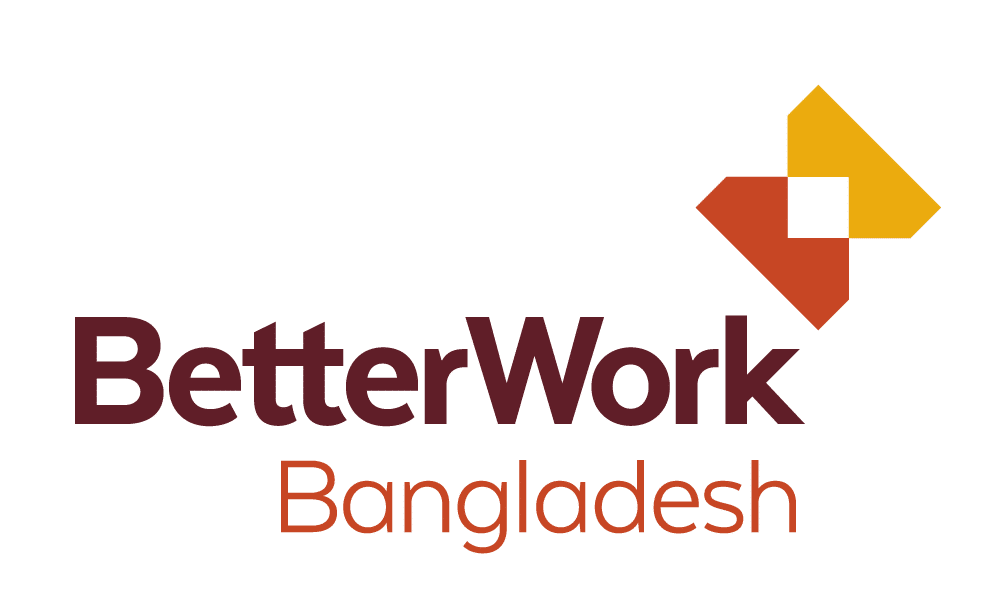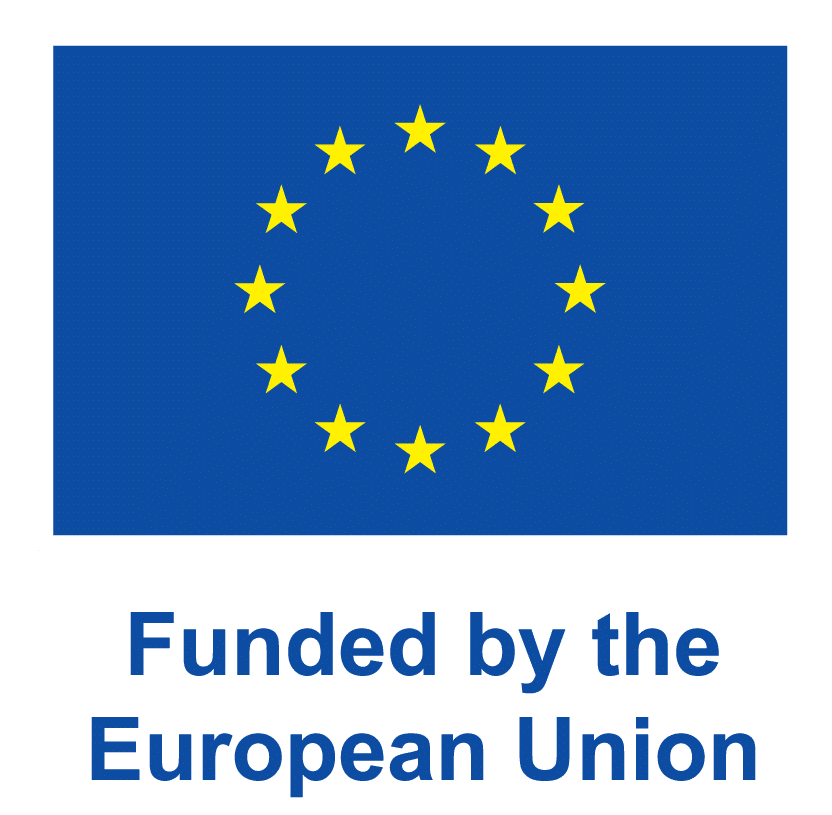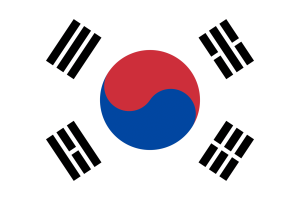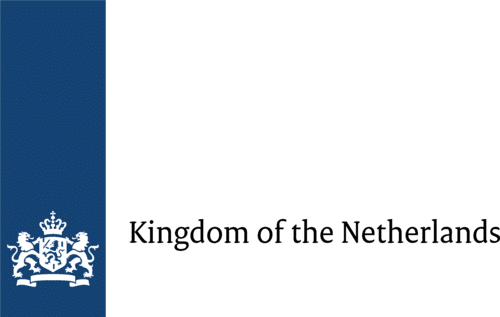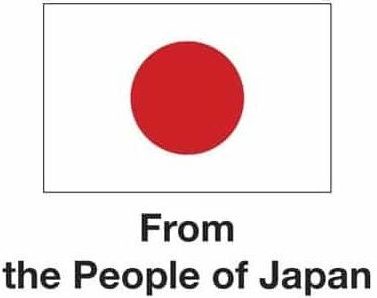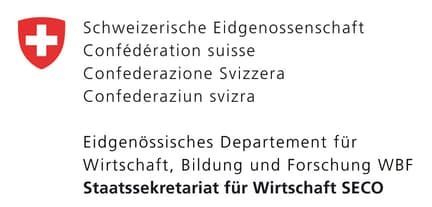Better Work Bangladesh
Established in 2015, Better Work Bangladesh has been an essential facilitator of growth and expansion of the Ready-Made Garment (RMG) industry ─ one of the economy’s largest export-oriented drivers.
Focused on promoting decent work, empowering women and inclusive economic growth, the programme has grown to include about 450 participating factories. Working with 48 brands and retailers, Better Work Bangladesh impacts around 1.3 million workers, 50 per cent of whom are women.
In its first phase (2014 – 2017), the programme contributed to the work of the ILO to assist the Government of Bangladesh to better align the country’s labour laws with international labour standards and best practices. This was a period marked by labour law amendments and improvements in union registration criteria adhering to the ILO’s fundamental constitutions on Freedom of Association and Collective Bargaining. In Phase II (2018 – 2022), the programme expanded its operations from Dhaka to the port city of Chittagong. To respond to evolving industry needs, the programme adopted an agile service model and initiated several special initiatives, such as the Gender Equality and Returns (GEAR) programme, maternity health and protection initiatives and the Factory Ambassador Programme (FAP).
Sustainability is a key driver in Better Work Bangladesh’s strategy. At the factory level, the programme spearheaded the development of OSH Management Systems and introduced the Factory Ambassador Programme (FAP), which identifies and empowers factory representatives who want to take on more responsibilities in their factory’s improvement process. Promoting social dialogue as a vehicle for building harmonious industrial relations, Better Work Bangladesh has also facilitated the formation of more than 300 Participation Committees and over 260 Safety Committees. In 2020, Better Work Bangladesh launched a learning hub to meet industry demand for institutional capacity building of its constituents. The hub trained and qualified 262 staff from employers’ and workers’ organizations, as well as the Ministry of Labour and Employment. This initiative directly benefited over 450 RMG factories, with the expectation that the trained staff can use the training tools beyond the RMG sector. The hub also acts as a knowledge platform for generation and sharing of knowledge through research as well as promotion of good practices in collaboration with partners and academic institutions.
A key focus of the current strategic phase is to promote and ensure the long-term sustainability of Better Work’s intervention in Bangladesh. In partnership with the public and the private sectors, the programme will work towards a sustainable and scalable transition of tools, frameworks and mindset from the programme to its constituents, enabling them to continue making an impact in this sector and beyond.
